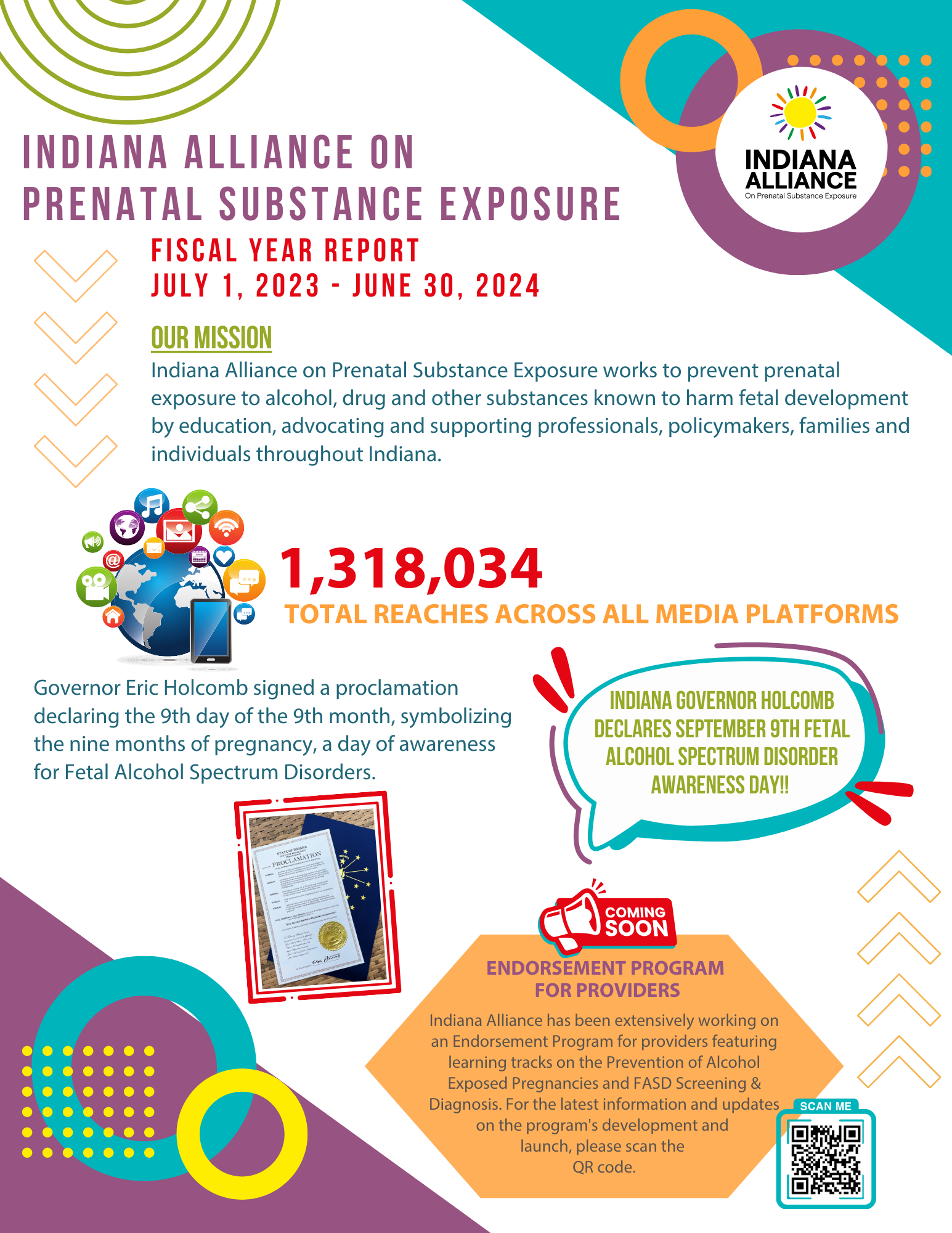The number of kids who are diagnosed with ADHD these days is huge—and growing. Reported cases of the disorder have increased by 42 percent since 2003. But a new study suggests that some of these children might actually be suffering from a different condition that often goes undetected.
Most of the referrals that pediatrician Ira Chasnoff gets at his clinic at the Children’s Research Triangle in Chicago are for behavioral issues. He and his team analyzed a sample of 156 foster children who had been referred to his clinic and found that 81 percent of them had fetal alcohol spectrum disorders that had not previously been detected by a physician. The most common reason they had been referred to Chasnoff was ADHD.
FASD, as this group of conditions are known, is related to the better-known fetal alcohol syndrome and can cause similar behavioral and learning problems. Unlike children affected by fetal alcohol syndrome, which is the most severe condition on the spectrum, those with other types of FASD may not have facial anomalies. Thus, the issue may go unnoticed by physicians for years.
“Many alcohol babies will look normal, so no one thinks of doing the toxicology,” Chasnoff said. Nationally, about 20 percent of women drink during pregnancy, but only about 3.6 percent of children have been diagnosed with FASD. Race and class plays a role in under-diagnosis: In past studies, Chasnoff has found that doctors are more comfortable interviewing poor and African-American women about alcohol use than they are their white, middle-class patients—even though white women are, in some states, likelier to drink during pregnancy.
Most importantly, children who have FASD require different types of treatments than those who have standard hyperactivity disorder. “About 74 percent of children with FASD do meet criteria for ADHD,” he said, “but, because of all the neurochemistry changes from the alcohol, it’s a different kind of ADHD.”
FASD-affected children are more likely to need additional therapies, like sensory integration and family therapy, that ADHD-affected children might not need. Before Chasnoff tested them, 11 of these 156 children had been on stimulant medications to treat their ADHD, but afterward, it turned out that only one of the children needed the drugs. Eight had been on psychotropic medications, and seven were taken off the drugs by Chasnoff.
What’s more, 6 percent of the children in the sample had been wrongly given the diagnosis of FASD. That suggests to Chasnoff that pediatricians not only need to be more attuned to the possibility of FASD, but also require better tools for detecting the condition. He thinks any pediatrician who sees a child for behavioral health issues should at least consider FASD as one of the causes.
“The long-term prognosis of children with FASD might actually be worse, because if you don’t have a good diagnosis, you head off other therapeutic approaches,” he said. “Several of the kids were on inappropriate medications; many were receiving therapies they didn’t need.”
Chasnoff’s sample consisted of adopted and foster children, so they might have a higher prevalence of FASD than the general population. Still, this suggests that some of the 3.5 million children currently taking medications for ADHD have a very different condition—one that began before they left the womb.
This article appeared originally at www.theatlantic.com









